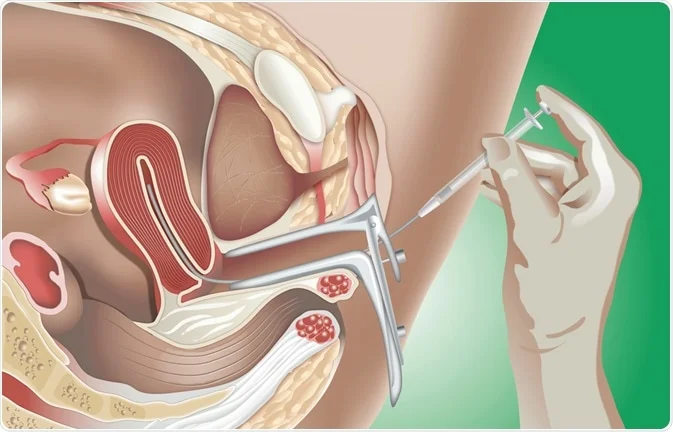Living with endometriosis can significantly impact various facets of daily life. Many individuals find it tough to perform basic tasks or may feel isolated due to the lack of awareness surrounding the condition. In the UK, approximately 10% of women are affected by endometriosis—more prevalent than many might think. While there is no definitive cure, numerous treatment options and lifestyle modifications can help manage symptoms.
What Exactly is Endometriosis?
Endometriosis is a complex condition where tissue similar to the lining of the uterus begins to grow outside of it, primarily in the pelvic area but potentially in other body regions as well. Common symptoms include intense pelvic pain, lower abdominal and back pain, discomfort during intercourse, bloating, fatigue, and fertility challenges. Although the root cause remains a mystery and no cure exists, various medications and lifestyle changes can assist in managing the symptoms.
How Endometriosis Impacts Everyday Life
For many, living with endometriosis can disrupt daily routines, often necessitating time off from work or school. Routine activities like cleaning, cooking, or even walking can become daunting, which can also affect mental health. The emotional burden of this condition can lead to feelings of anxiety and depression, so seeking professional help is crucial. Take the story of Mia, for example; her life was turned upside down as soon as she started menstruating, often missing school to cope with debilitating pain.
Tips for Managing Endometriosis
Treatment Options:
While a cure is not available, there are several avenues to manage endometriosis symptoms. Over-the-counter pain relief like ibuprofen or paracetamol can be effective. Doctors may suggest a combined oral contraceptive pill. For those with severe cases, laparoscopy surgery might be necessary to remove endometrial tissue. For instance, Laura had to undergo multiple laparoscopies to address her endometriosis, which ultimately led to successful IVF treatment.
Dietary Choices:
A balanced diet can play a crucial role in alleviating discomfort. Incorporating foods rich in omega-3 fatty acids, such as salmon and walnuts, may help reduce inflammation. A diet high in antioxidants—think fruits and leafy greens—can also bolster the immune system. On the flip side, it’s wise to limit processed foods and red meat, which could exacerbate symptoms. To enhance her chances of IVF success, Anna chose to cut down on processed snacks and increased her intake of fruits and healthy fats.
Stay Hydrated:
Drinking enough water can ease bloating and cramps, common issues for those with endometriosis. Keeping a water bottle handy is a good habit. Additionally, reducing alcohol and caffeine can help, as they may contribute to inflammation and discomfort.
Physical Activity:
Regular exercise can be beneficial in managing endometriosis symptoms. Engaging in moderate activities like walking or yoga can elevate your mood and energy levels. However, it’s vital to listen to your body and consult a healthcare provider before starting any new exercise regimen.
Emotional Support:
Don’t forget to carve out some “me time.” Engaging in calming activities can be a great relief. Open up about your feelings, whether to friends, family, or a healthcare professional—having emotional support is vital.
If you’re interested in more information, check out this post on Happy Independence Day. Additionally, for those looking into fertility options, Make a Mom provides valuable insights, and the NHS offers a great resource on IUI that covers pregnancy and home insemination.
Summary
Living with endometriosis presents numerous challenges, impacting everyday life and mental health. While there is no cure, treatments and lifestyle changes can help alleviate symptoms. Seeking emotional support and maintaining a healthy routine can make a significant difference.

